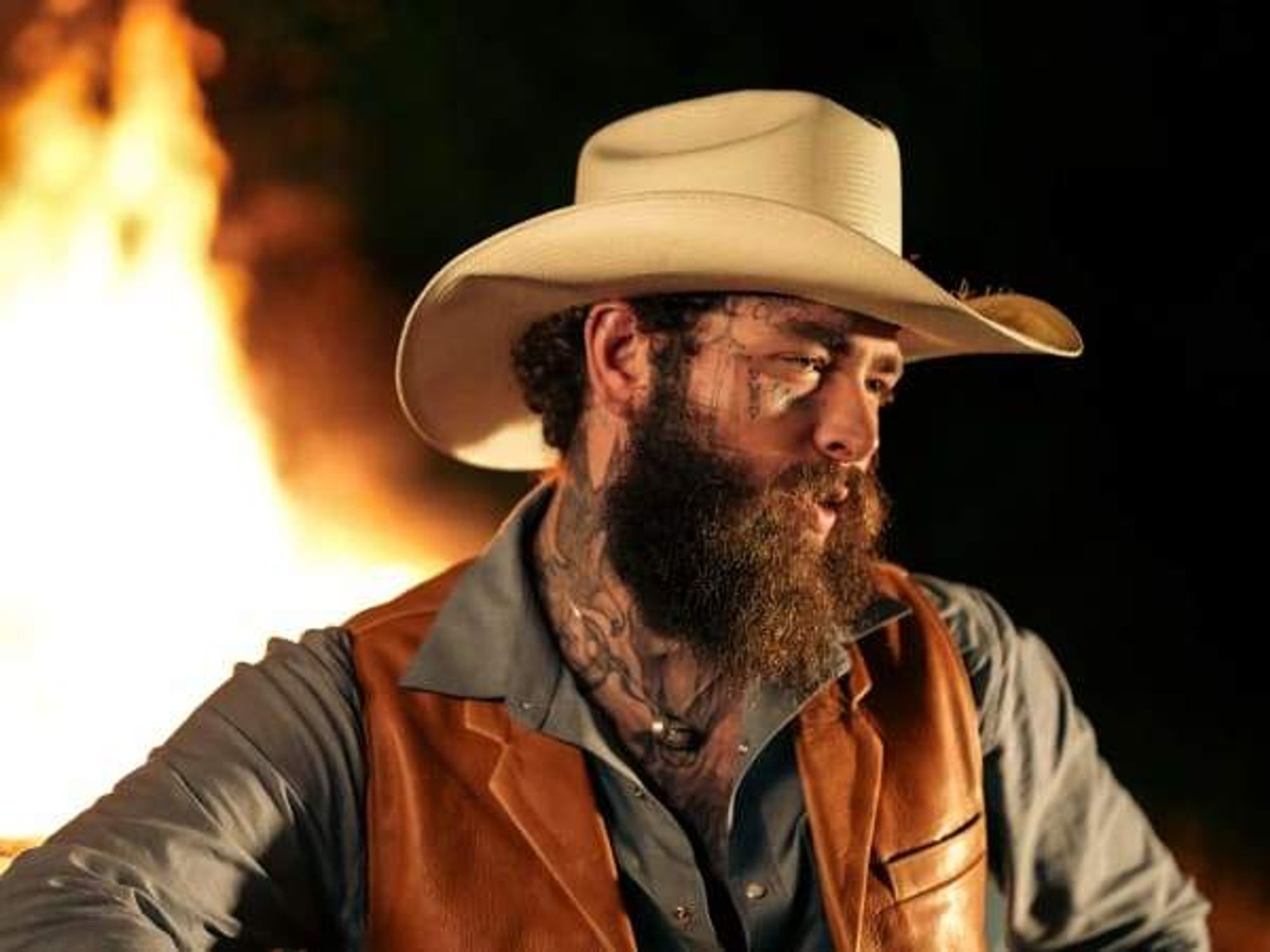Goodbye, Mike
With Michael Young out the door, the honeymoon is over for the Texas Rangers
It's official: The Texas Rangers have reached the point as a championship contender in which winning trumps sentiment. The Rangers traded Michael Young to the Philadelphia Phillies this past weekend, the first in what could be a flurry of major moves that re-make the franchise as a World Series contender.
Of course, the courtship of Zach Greinke didn’t work out so well, as he chose to sign with the Los Angeles Dodgers. So the Rangers’ eternal pursuit of a frontline free agent pitcher continues. And, no, signing an estimable ace like Chan Ho Park to ace money doesn’t count.
Young, being a 10-year veteran who had played at least five years with the Rangers, had to approve the trade. When he did, he ended the honeymoon period the Rangers have enjoyed since their rapid ascension to the top of the American League in 2010.
End of an era
The Rangers have made moves before during this three-year period, but none change the paradigm quite like trading Young. He leaves Texas as the franchise’s all-time leader in hits. He tallied 2,230 hits in a 13-year career.
The Rangers’ eternal pursuit of a frontline free agent pitcher continues.
Young made seven All-Star Game appearances, won a Gold Glove and appeared in Most Valuable Player voting five times, including two eighth-place finishes.
Perhaps just as importantly, he was a good soldier — sometimes against his will — in both good times and bad.
He played for some lousy baseball teams after he earned his first Major League call-up in 2000. Young did so with class.
You never heard his name mentioned in the wrong circles, namely the police blotter or the gossip pages. He and his wife underwrote local scholarships and participated in a myriad of charity events. In fact, the night the news of his trade broke he was signing baseballs at a local charity event with former Stars legend Mike Modano.
Young changed positions on the field. When he was first called up the natural shortstop played second base, namely because newly-signed Alex Rodriguez was the shortstop. When Rodriguez left and Alfonso Soriano came to Texas, he slid over to shortstop.
When the Rangers felt Elvis Andrus was ready for the majors, Young moved to accommodate Andrus. Two years later, Young became Ron Washington’s roving utility infielder when the Rangers signed third baseman Adrian Beltre.
Young wasn’t always happy with the changes. But once spring training started, he put whatever reservations he had aside and did what the team asked of him. In an era in which professional athletes have many ways to “dictate” how they’re handled, Young’s attitude was refreshing.
It endeared him to Rangers fans for more than a decade, even during last year’s “slump,” in which he hit .277, his worst batting average since his .262 average in his second full Major League season in 2002.
A hard decision but still the right one
In the end, it was the power numbers and declining range in the field that got Young. He hit just 19 homers in his final two seasons in Texas. His RBI numbers dipped from 106 in 2011 to 67 in 2012. He played more games at DH in his final two seasons in Texas than in the field.
The final indication of Young’s decline may be in what Texas got in return — relievers Josh Lindblom and Lisalverto Bonilla. Plus, the Rangers have to pick up $10 million of Young’s salary in 2013. Remember the days when the Rangers were getting other teams to pick up the tab?
It wasn’t that long ago.
Perhaps what Young needs is a change of scenery and a set position to reclaim his past production. But his trade makes it clear that no one who plays for the Texas Rangers is immune from a potential trade.
That’s how it goes when the honeymoon ends.
